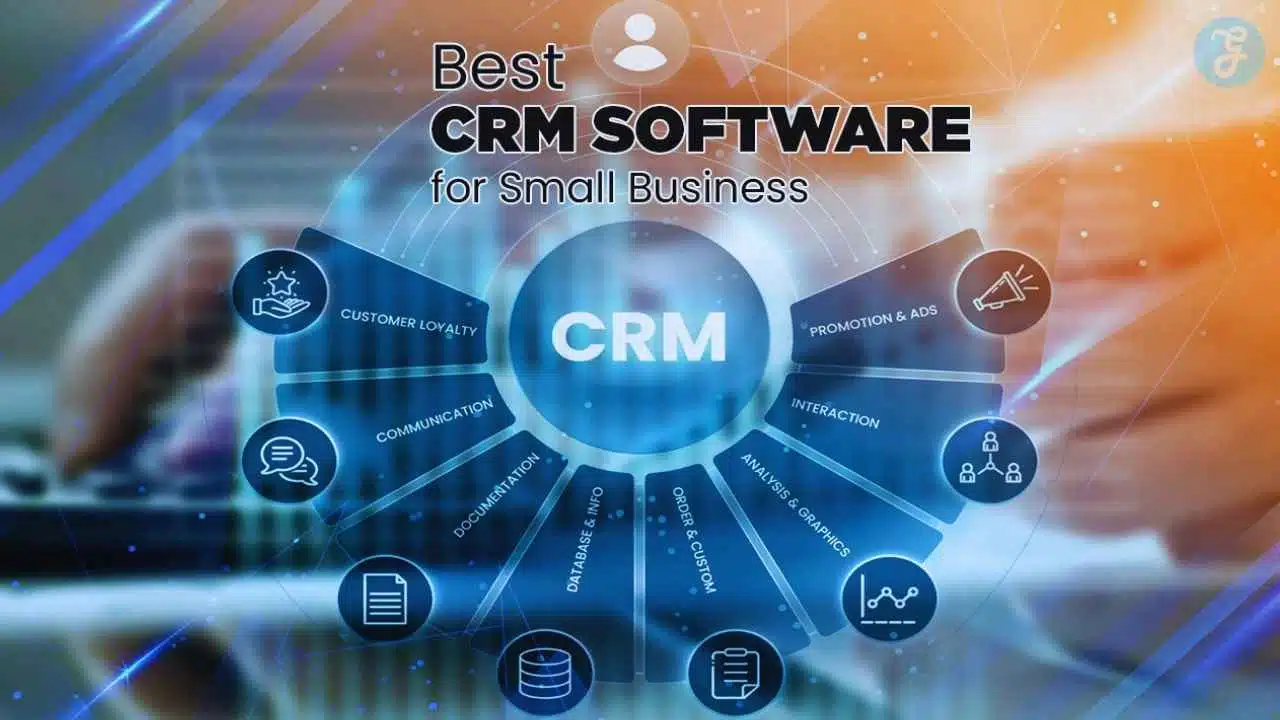Property investment has long been a cornerstone of wealth creation, offering both short-term gains through rental income and long-term benefits from property appreciation. However, one of the most overlooked aspects of real estate investing is the array of tax benefits it provides.
These incentives can significantly reduce your tax burden, improve cash flow, and help you reinvest savings into building a robust property portfolio.
This article delves into the 10 most valuable tax benefits of property investment. With detailed insights and practical examples, you’ll learn how to take full advantage of these benefits and grow your wealth through strategic real estate investments.
1. Mortgage Interest Deduction
Mortgage interest deductions are one of the most appealing aspects of property investment for taxpayers. This benefit applies to loans taken for purchasing, constructing, or renovating a property used for investment purposes.
- What It Covers: Interest on the principal amount of your mortgage, home equity loans (if used for property improvement), and loans secured for rental property purchases.
- Key Insight: The higher the mortgage loan, the larger the deduction during the early years of the loan term, as most payments during this period go toward interest.
Real-Life Application: Imagine you secured a loan of $400,000 for a rental property at an interest rate of 5%. You’d pay approximately $20,000 in interest during the first year. This entire amount could be deducted from your taxable rental income, saving you thousands in taxes.
2. Property Depreciation
Depreciation allows property owners to recover the costs of wear and tear on their rental property over time. This tax benefit is especially valuable for properties held long-term.
- How It’s Calculated: Depreciation applies to the value of the building (not the land) and is calculated over 27.5 years for residential properties and 39 years for commercial ones.
- Additional Depreciation Options: Improvements such as new roofing, HVAC systems, or appliances may qualify for accelerated depreciation through bonus depreciation provisions.
Advanced Insight: Even if your property appreciates in value, you can still claim depreciation on the building. This creates a paper loss that can offset your rental income.
3. Deduction for Repairs and Maintenance
Maintaining your property is essential for ensuring tenant satisfaction and property value. Luckily, expenses related to repairs are fully deductible in the year they’re incurred.
- Examples of Repairs: Fixing plumbing issues, patching holes in walls, or replacing broken fixtures.
- Tax Tip: Repairs that improve the property’s value or extend its useful life (like a full roof replacement) must be capitalized and depreciated rather than deducted immediately.
By carefully categorizing expenses, investors can maximize immediate tax benefits while ensuring long-term returns.
4. Operating Expense Deductions
Operating expenses encompass a wide range of costs necessary to run and manage rental properties. These costs are deductible, directly reducing your taxable income.
-
Examples of Deductible Expenses:
- Advertising vacancies on online platforms.
- Property management fees for hiring third-party managers.
- Insurance premiums to cover property damages.
- Utility bills paid by the landlord.
- Office supplies and phone bills for property management purposes.
Pro Tip: Organizing and tracking receipts can simplify filing and ensure you don’t miss deductions. A digital expense tracker can be invaluable for this purpose.
5. 1031 Exchange Benefits
The 1031 exchange provision is a powerful tool for property investors to grow their portfolio while deferring taxes. It allows you to sell an investment property and reinvest the proceeds into another property without paying immediate capital gains tax.
-
Key Requirements:
- The replacement property must be of “like-kind,” meaning it should also be used for investment or business purposes.
- You have 45 days to identify potential replacement properties and 180 days to close the deal.
Real-Life Example: You sell a property for $500,000, realizing a $100,000 capital gain. By reinvesting in a new property within the stipulated timeline, you defer taxes on that gain, allowing you to allocate more capital toward the new investment.
6. Capital Gains Tax Exclusion
Although capital gains tax exclusion is primarily aimed at primary residences, property investors can also benefit by strategically converting investment properties into personal homes.
-
Conditions to Qualify:
- The property must be used as your primary residence for at least two out of the last five years.
- Single filers can exclude up to $250,000, while married couples filing jointly can exclude up to $500,000.
This strategy can be particularly useful for “house hacking,” where investors live in a property temporarily before converting it back into an investment asset.
7. Deduction for Home Office Expenses
If you actively manage your properties, you may qualify for the home office deduction. This benefit applies if you use a dedicated space in your home exclusively for managing your real estate business.
-
What Can Be Deducted:
- A portion of your rent or mortgage.
- Utilities and internet services.
- Office supplies and maintenance costs.
IRS Rules: Ensure that the home office is used exclusively for business to avoid complications during audits.
8. Travel Expense Deduction
Travel expenses related to your property investments are fully deductible, which can be a significant advantage for landlords managing properties in different locations.
-
What’s Covered:
- Mileage for local trips to check on properties or meet with tenants.
- Airfare, car rentals, and lodging for managing out-of-town properties.
- Recordkeeping Tip: Use a mileage-tracking app or maintain a detailed logbook to substantiate claims.
This deduction allows investors to manage properties more effectively while minimizing the financial burden of travel.
9. Qualified Business Income (QBI) Deduction
The QBI deduction introduced under the Tax Cuts and Jobs Act provides up to a 20% deduction on rental income for property owners who qualify as businesses.
-
Criteria to Qualify:
- Regular and continuous involvement in managing properties.
- Maintaining accurate records of income and expenses.
For investors with substantial rental income, this deduction can significantly lower taxable income, making real estate even more profitable.
10. Tax Credits for Energy Efficiency Upgrades
Investors looking to enhance their properties with eco-friendly features can benefit from federal and state-level tax credits.
-
Examples of Qualifying Upgrades:
- Installing solar panels, geothermal heat pumps, or energy-efficient windows.
- Upgrading insulation or HVAC systems.
- How It Helps: Tax credits reduce the amount of tax owed dollar-for-dollar, offering more value than deductions.
These credits align financial benefits with sustainability goals, making them a win-win for property owners and the environment.
Additional Strategies for Maximizing Tax Benefits
- Invest Through Real Estate Partnerships or REITs: These structures provide passive investors with access to tax benefits without direct property ownership.
- Leverage Tax-Deferred Accounts: Real estate investments held in a self-directed IRA can grow tax-deferred or tax-free, depending on the account type.
- Professional Tax Planning: Work with a CPA or tax advisor specializing in real estate to ensure all eligible deductions are claimed while avoiding IRS penalties.
Updated Table: Key Tax Benefits and Their Savings Potential
| Tax Benefit | Description | Potential Savings | Key Eligibility Criteria |
| Mortgage Interest Deduction | Deduct interest paid on loans. | Significant reduction in taxable income. | Loan used for business or investment. |
| Property Depreciation | Deduct wear and tear over time. | Thousands annually per property. | Investment properties only. |
| Repairs and Maintenance | Deduct repair costs directly. | Immediate reduction in taxable income. | Must not be classified as improvements. |
| Operating Expenses | Deduct utility, insurance, and management costs. | Reduces annual tax liability. | Direct expenses related to the property. |
| 1031 Exchange | Defer capital gains taxes. | Savings of tens of thousands. | Replacement property is “like-kind.” |
| Capital Gains Exclusion | Exclude profits on primary residence sales. | Up to $500,000 for married couples. | Residence for 2+ years. |
| Home Office Deduction | Deduct home expenses proportionally. | Varies based on office size. | Must be exclusively for property management. |
| Travel Expenses | Deduct travel costs for property management. | Substantial savings for frequent travel. | Business-related travel only. |
| QBI Deduction | Deduct up to 20% of rental income. | Reduces taxable income significantly. | Must meet IRS business criteria. |
| Energy Efficiency Tax Credits | Tax credits for eco-friendly upgrades. | Dollar-for-dollar tax reduction. | Qualifying upgrades like solar panels. |
Takeaways
Investing in real estate offers more than just income and appreciation; it opens doors to numerous tax-saving opportunities. From deductions for mortgage interest and operating expenses to long-term strategies like 1031 exchanges and energy-efficiency tax credits, property investors can significantly reduce their tax burdens while maximizing returns.
However, to unlock these benefits effectively, it’s crucial to maintain accurate records, stay informed about changing tax laws, and seek professional guidance. With proper planning, you can leverage these tax advantages to enhance your real estate investment strategy and achieve financial growth.


































